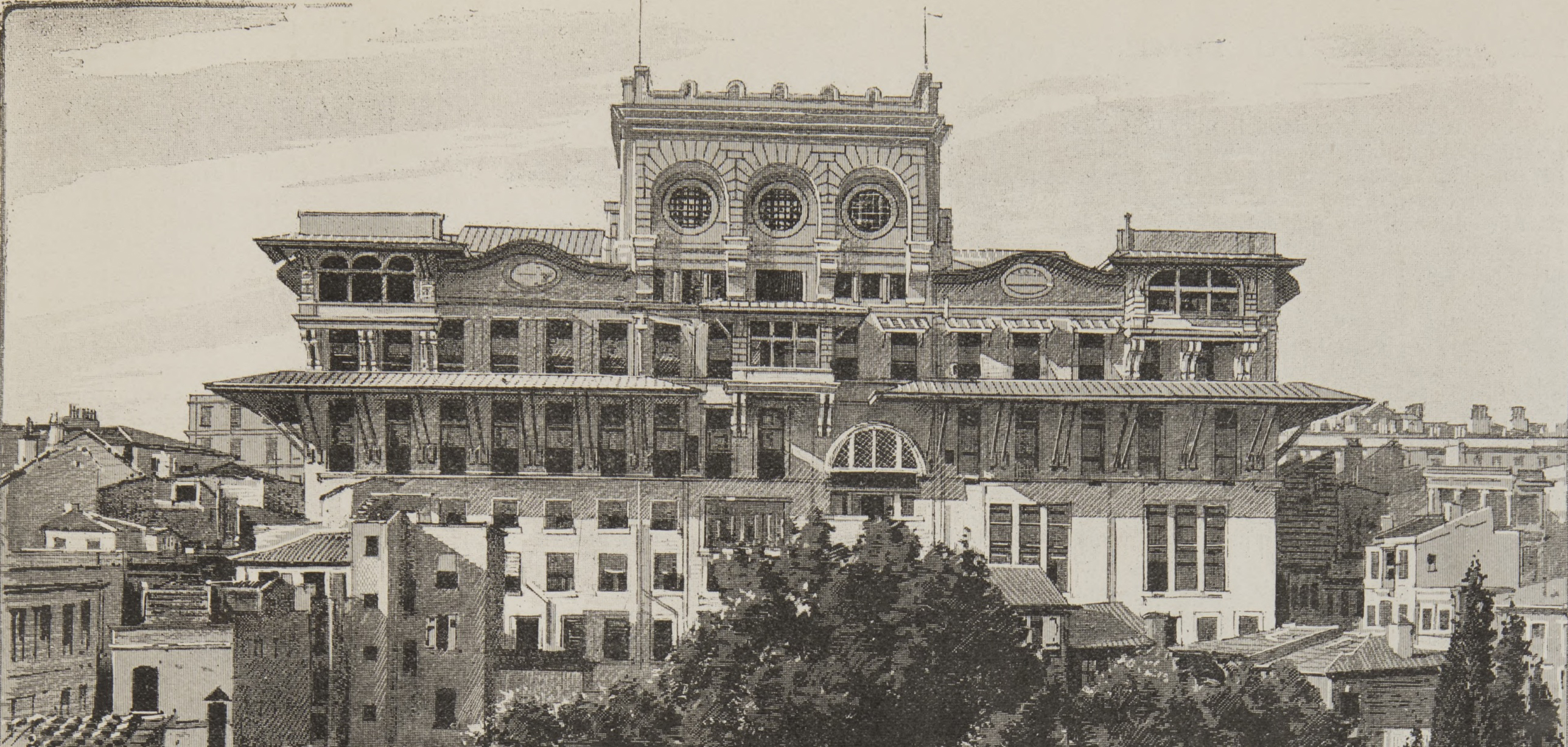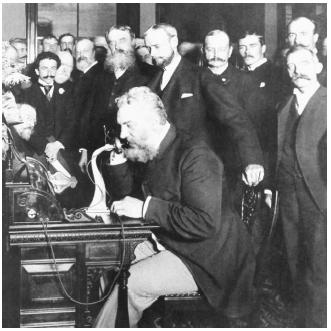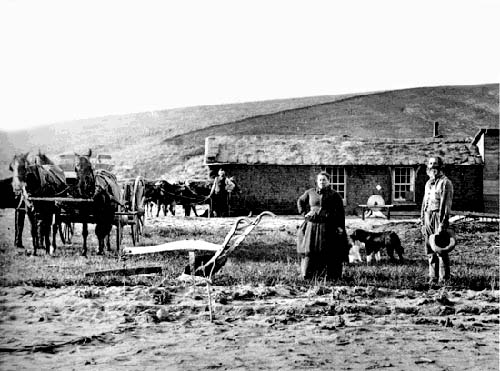Russian Empire during the reign of Alexander II and the early years of Alexander III
Emperor Alexander II was removed from power by a group of top officials and nobles following a number of disastrous liberal reforms, most prominent among them the emancipation of the serfs. The subsequent years the country was ruled by a consensus of leading moderate statesmen, among them Konstantin Palen, Alexander Gorchakov, and Dmitry Milyutin. In some cases this ruling class continued the reforms initiated by Alexander II, although more often than not it was more conservative than the Emperor had been. Land reform dominated the agenda for many years and reforms were aimed not so much at improving the plight of the peasants as at containing any possible violence that may have erupted.
The restoration of Alexander II by European powers brought about renewed energy to the reform movement. Moderate statesmen steadily lost ground to liberals such as Peter Valuev, Alexander Abaza, and the heroic Mikhail Loris-Melikov. The Emperor pursued reforms with the support of these liberals that many in the government did not think prudent. There was fear that hasty reforms could again lead to the kind of instability that forced Alexander II to leave the throne previously.
The end of the reforms came not from the right-wing opposition but from the left. Alexander II was assassinated by a radical republican terrorist group that opposed the restoration of the Emperor. His son, Emperor Alexander III, was one of the most hardened conservatives and had opposed his fathers reforms. In the new Emperor's view reforms had led to the downfall of his father and were perpetrated in large part by those who had seized power from the rightful ruler. Therefore Alexander's goal was not a simple change of course, but a rollback of all institutions and reforms to the time of his grandfather Nicholas I.
Not only were all liberals and moderates in the government dismissed, the entirety of the Governing Senate and State Council were dissolved as well. Full power was transferred to His Imperial Majesty's Own Chancellery, now divided into six sections. The first section dealt with imperial orders and decrees and their execution. Most executive power was exercised through this institution. The second section was responsible for the promulgation of laws. The third covered crime, censorship, and the special corps of gendarmes. The fourth dealt with charity issues, the fifth with state-owned lands and enterprises, and the sixth with the Caucasian district.
The Emperor's liberal uncle, Grand Duke Konstantin Nikolayevich, was removed from all positions of power. Konstantin's younger brother Mikhail assumed the role of coordinating the meetings of the newly created Imperial Council. Others involved in this new small circle of Alexander's advisers included Mikhail Reitern (conservative financier), Peter Vannovsky (Emperor's personal friend now in charge of the military), Dmitry Tolstoy (conservative former education minister, now in charge of the third section of the Chancellery) and of course Konstantin Pobedonostsev (ultraconservative ober-procurator of the church). A common visitor of these meetings was also Mikhail Katkov, the conservative editor of the Moscow News, the widest-read newspaper in the country.
It would take some years for all functions of the defunct ministries to be transferred to the different sections and departments in the Chancellery. Along the way the nomenclature for those at the highest echelons of power changed slightly. Since it was now the secretaries and directors of the Chancellery that exercised the most power after the Emperor those in charge of particular areas of the government begun to be styled "Secretary." For example Peter Vannovsky was referred to as Secretary for Military Affairs of HIM Own Chancellery, or more typically simply as Secretary of Military Affairs.
Emperor Alexander II was removed from power by a group of top officials and nobles following a number of disastrous liberal reforms, most prominent among them the emancipation of the serfs. The subsequent years the country was ruled by a consensus of leading moderate statesmen, among them Konstantin Palen, Alexander Gorchakov, and Dmitry Milyutin. In some cases this ruling class continued the reforms initiated by Alexander II, although more often than not it was more conservative than the Emperor had been. Land reform dominated the agenda for many years and reforms were aimed not so much at improving the plight of the peasants as at containing any possible violence that may have erupted.
The restoration of Alexander II by European powers brought about renewed energy to the reform movement. Moderate statesmen steadily lost ground to liberals such as Peter Valuev, Alexander Abaza, and the heroic Mikhail Loris-Melikov. The Emperor pursued reforms with the support of these liberals that many in the government did not think prudent. There was fear that hasty reforms could again lead to the kind of instability that forced Alexander II to leave the throne previously.
The end of the reforms came not from the right-wing opposition but from the left. Alexander II was assassinated by a radical republican terrorist group that opposed the restoration of the Emperor. His son, Emperor Alexander III, was one of the most hardened conservatives and had opposed his fathers reforms. In the new Emperor's view reforms had led to the downfall of his father and were perpetrated in large part by those who had seized power from the rightful ruler. Therefore Alexander's goal was not a simple change of course, but a rollback of all institutions and reforms to the time of his grandfather Nicholas I.
Not only were all liberals and moderates in the government dismissed, the entirety of the Governing Senate and State Council were dissolved as well. Full power was transferred to His Imperial Majesty's Own Chancellery, now divided into six sections. The first section dealt with imperial orders and decrees and their execution. Most executive power was exercised through this institution. The second section was responsible for the promulgation of laws. The third covered crime, censorship, and the special corps of gendarmes. The fourth dealt with charity issues, the fifth with state-owned lands and enterprises, and the sixth with the Caucasian district.
The Emperor's liberal uncle, Grand Duke Konstantin Nikolayevich, was removed from all positions of power. Konstantin's younger brother Mikhail assumed the role of coordinating the meetings of the newly created Imperial Council. Others involved in this new small circle of Alexander's advisers included Mikhail Reitern (conservative financier), Peter Vannovsky (Emperor's personal friend now in charge of the military), Dmitry Tolstoy (conservative former education minister, now in charge of the third section of the Chancellery) and of course Konstantin Pobedonostsev (ultraconservative ober-procurator of the church). A common visitor of these meetings was also Mikhail Katkov, the conservative editor of the Moscow News, the widest-read newspaper in the country.
It would take some years for all functions of the defunct ministries to be transferred to the different sections and departments in the Chancellery. Along the way the nomenclature for those at the highest echelons of power changed slightly. Since it was now the secretaries and directors of the Chancellery that exercised the most power after the Emperor those in charge of particular areas of the government begun to be styled "Secretary." For example Peter Vannovsky was referred to as Secretary for Military Affairs of HIM Own Chancellery, or more typically simply as Secretary of Military Affairs.










